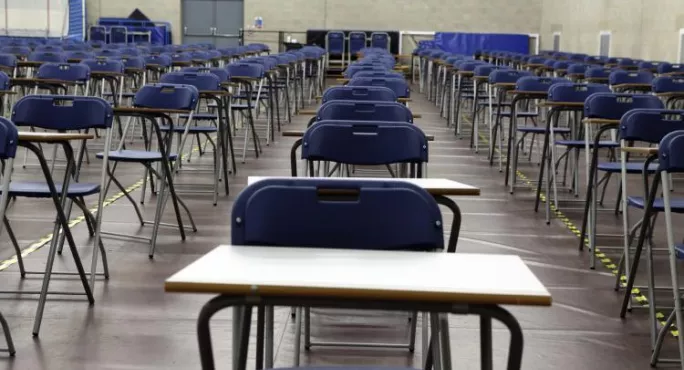Ofqual has launched a consultation on its arrangements for the assessment and awarding of vocational, technical and other general qualifications in 2020-21, suggesting there should be no calculated grades next year, and awarding bodies should instead amend their qualifications to mitigate the impact of the coronavirus pandemic.
Its proposed approach would apply to vocational and technical qualifications (VTQs), including technical qualifications within T levels, and general qualifications other than GCSEs, AS and A levels.
In the consultation document, published today, Ofqual says that as the government’s expectation was that assessments would take place during 2020-21, it does not consider that it will be necessary to permit awarding organisations to offer calculated results to any learners in 2020-21.
News: T-level placements ‘require significant resource’
Vocational qualifications: How can I appeal my grade?
Need to know: Next wave of T-level providers announced
Calculation of result
The document says the calculation of results was permitted to mitigate the short-notice cancellation of exams and assessments at a point in the academic year when most learners had completed the majority of their course of study. “As this is not the situation we are facing now, there is no need to permit the issuing of calculated results in 2020-21.”
Ofqual adds: “We consider that, where necessary, permitting awarding organisations to adapt their assessments is the best way to mitigate for many of the longer term impacts of the current public health crisis. They will need to take all reasonable steps to ensure that any adaptations to assessments do not undermine the validity of the qualifications and to manage effectively risks around malpractice.”
The regulator says it expects awarding organisations to wish to continue to apply some of these adaptations in 2020-21 for those qualifications where they were able to adapt assessments this summer, where this will provide the flexibility that centres may need to carry out assessments in line with social distancing guidance and build resilience in case of further public health restrictions.
It adds awarding organisations will have to “consider what adaptations may be needed for qualifications for which they previously issued calculated results. This includes those qualifications which are most similar to A levels and GCSEs, and which are most likely to be used to support progression into further and higher education.”
“Our aim is that learners taking these VTQs and other general qualifications, as far as possible, are not advantaged or disadvantaged compared to their peers taking A and AS levels or GCSEs and competing for the same progression opportunities, because of the disruption to teaching, learning and assessment which they experienced in the spring and summer terms.”
Ofqual adds it might be necessary for awarding organisations to make wider changes to their qualifications by “streamlining assessments to free up teaching and learning time in centres, in addition to the adaptations to assessments already permitted in the current ERF”. “We do not expect, however, that this will include any reduction to the content that is taught as there is a risk that this would undermine the validity and reliability of the qualifications.”
The regulator is proposing a second version of its extraordinary regulatory framework (ERF), the Extended ERF. “This will require awarding organisations to consider whether they should make adaptations to their assessments and qualifications to mitigate the impact of disruptions to teaching, learning and assessment. They are not, however, required to make adaptations if they do not consider it to be necessary.”
Tom Bewick, chief executive of the Federation of Awarding Bodies, said: “FAB welcomes the move by Ofqual to own and be accountable for the consistency of the VTQ exceptional arrangements. Our members will continue to work closely with the regulator. However, we think the timescales for this particular consultation are unrealistic and we would encourage them to show some flexibility.”




